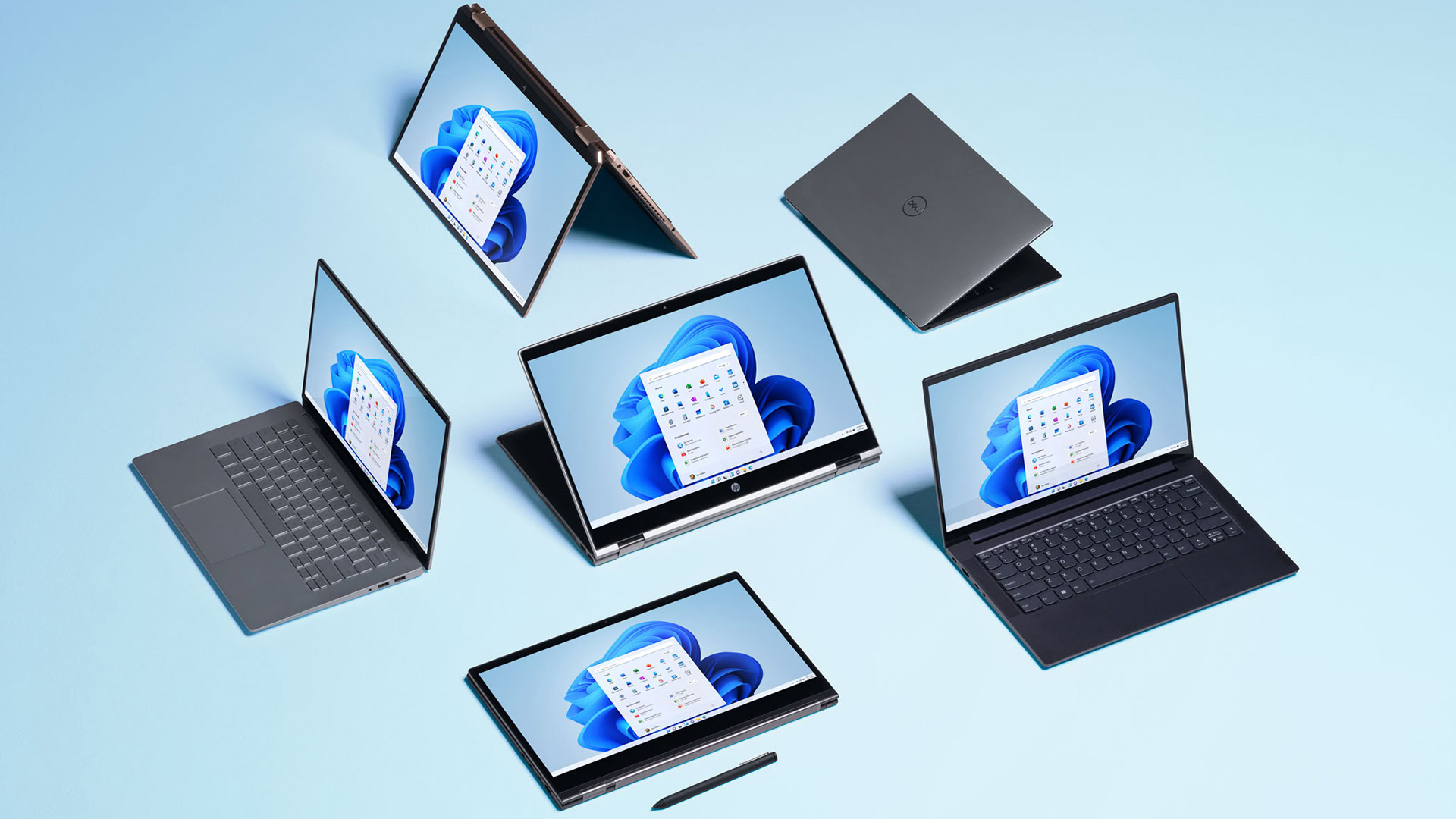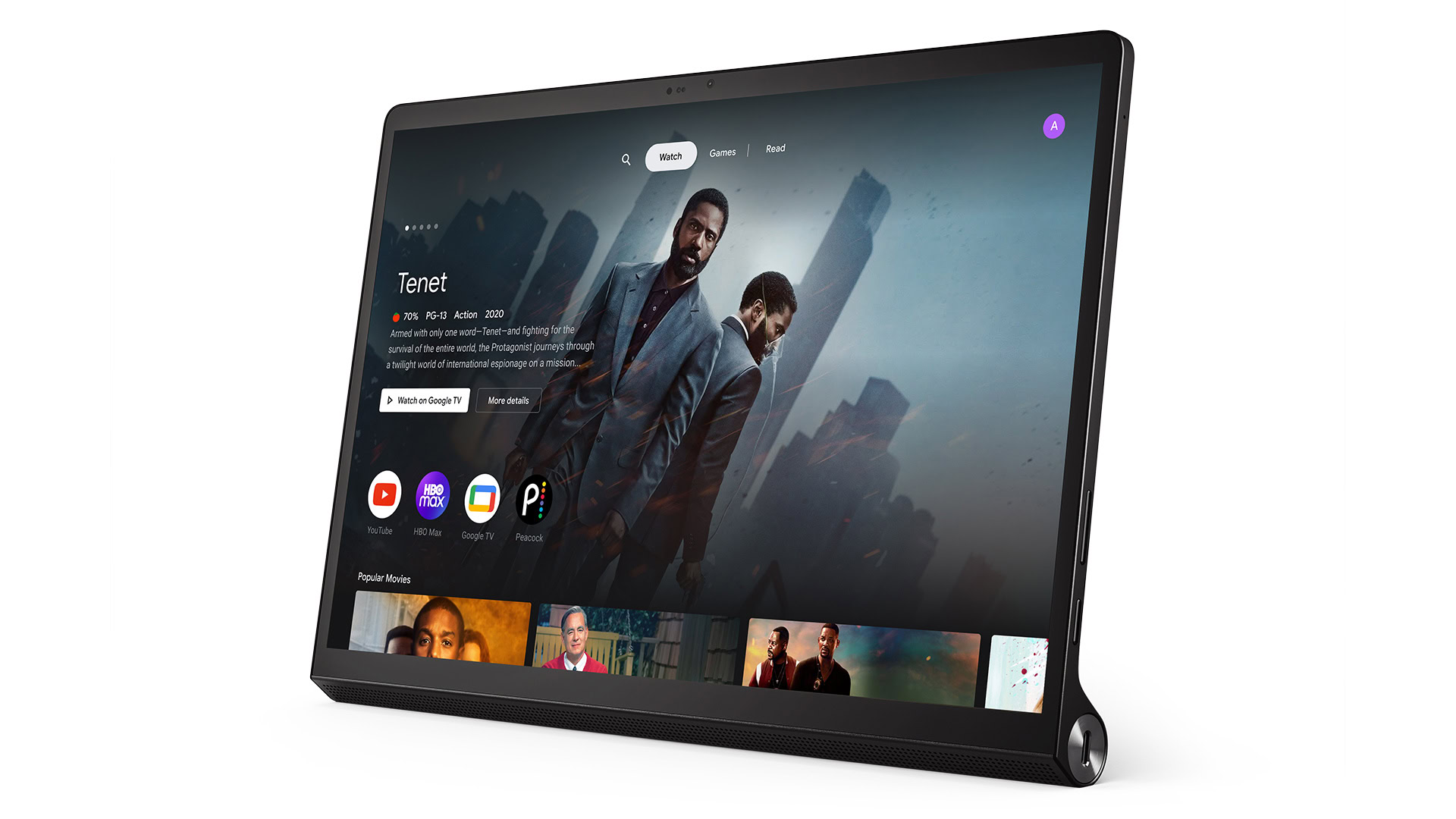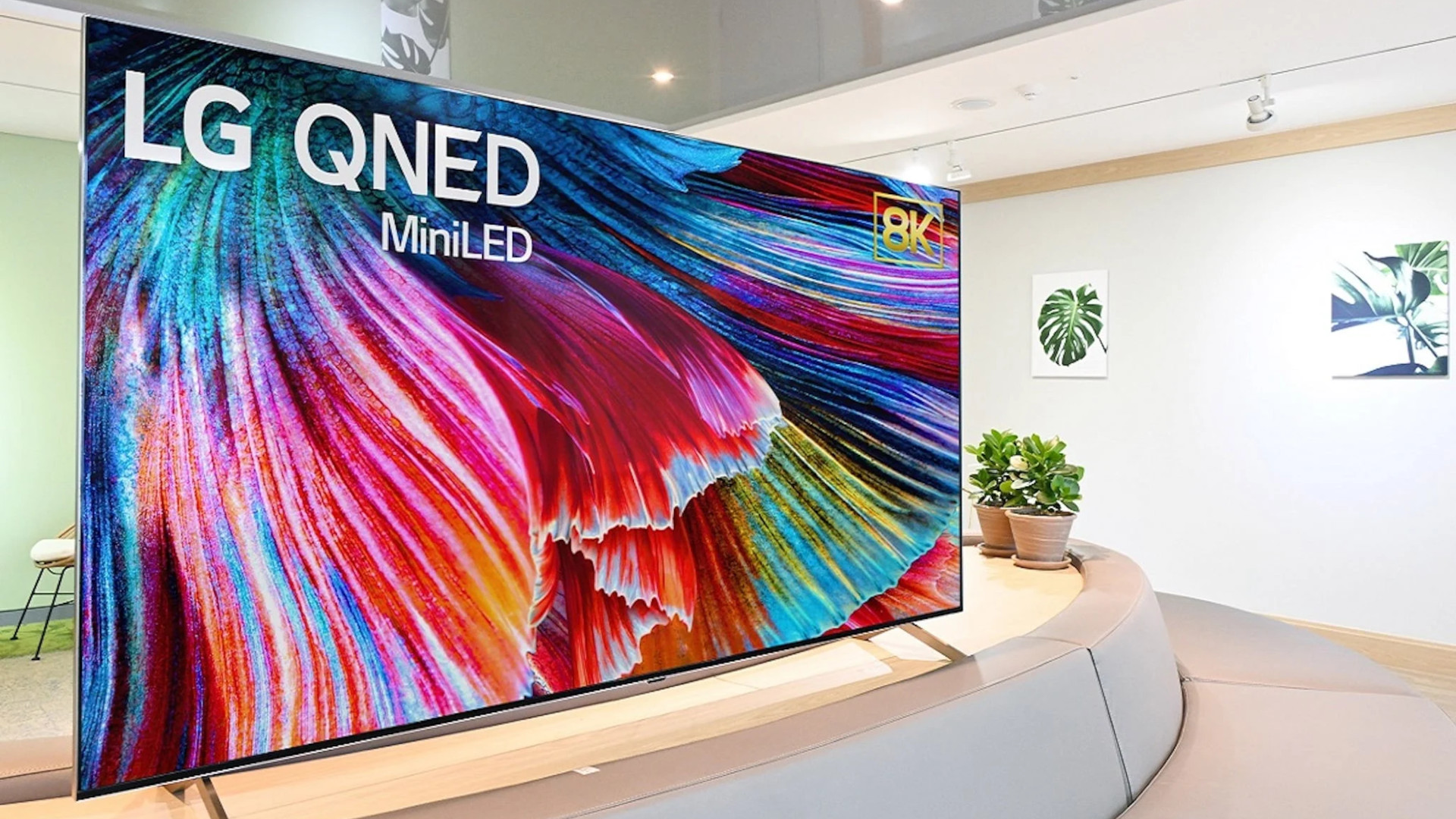Affiliate links on Android Authority may earn us a commission. Learn more.

Microsoft’s Windows 11 first preview build is now available (Windows.com) to download from Microsoft for Windows Insiders.
- The new Insider build comes with all the major UI changes. A few key features aren’t available yet — this very first Windows 11 preview release doesn’t yet include Android app support, for example (Android Authority).
- Called Build 22000.51, and very much a beta, there are known issues, including taskbar issues on multiple monitors, and a bunch of minor issues. So, tread carefully, and maybe don’t install it on your only computer.
- To get it: first confirm your PC is compatible, then enroll as a Windows Insider — you can do that in your Windows system preferences or use this link (Windows.com). (Or, run it on a virtual machine.)
- By the way, Microsoft is dropping hints that Windows 11 will launch on October 20 though other details suggest upgrades from Windows 10 to Windows 11 will only happen in 2022.
But:
Microsoft has dropped the ball on communicating which PCs and platforms will be compatible with Windows 11, why some modern systems have been left out, and so on.
- A huge amount of chatter on forums and social media involved people trying to figure out if their still-decent computer will be able to upgrade.
- In response, yesterday, Microsoft put up a post that attempted to explain and defend the updated minimum requirements.
- The company said CPUs including Intel 6th Gen Skylake and earlier, along with pre-Zen AMD processors, won’t meet “principles around security and reliability and minimum system requirements for Windows 11.”
- Importantly, what is indirectly referenced here is that Intel 7th gen CPUs and first-gen AMD Zen 1 processors might still be made eligible, despite not being initially included.
- The first Windows 11 preview bypasses the CPU and TPM checks in place for later releases, and in doing so, Microsoft will use data to track performance and reliability to assess options ahead.
It’s a problem:
My colleague Gary Sims put up a video on his Gary Explains YouTube channel detailing the current problems with upgrading systems to Windows 11: the necessary TPM 2.0 pieces, lack of support for Intel 7th gen and AMD Zen 1 chips, and confusion, all of which mean that even systems from 2018 aren’t able to upgrade.
- Gary says in his video that of seven PCs he owns, zero are able to upgrade to Windows 11. Nil! None!
- Unfortunately, I’m in the same boat: my trusty Dell XPS I use for most daily tasks, including writing this newsletter, can’t upgrade*.
- *Microsoft’s PC Health Check App says “it isn’t supported,” but that’s different from being able to actually upgrade. It may work, but it may not be supported. Unless Intel 7th gen CPUs end up being supported?
- As you can tell, it’s all very messy.
⌚ Samsung detailed its Wear OS collaboration at MWC in Barcelona yesterday. It’s called One UI Watch, a new experience on a smartwatch and basically a skin of Wear OS 3.0. We didn’t get a Galaxy Watch 4 release, though — Samsung said the new smartwatch will emerge as part of a Samsung Unpacked event in “summer” (Android Authority).
🔥 Google might release the Pixel 5a late this summer (Android Authority).
🎧 Sony WF-1000XM4 review: The one true AirPods killer (Android Authority).
🔜 Three new Motorola 2021 phones leak with one having an SD870 chipset (Android Authority).
🤷♂️ Why you shouldn’t wait for a Snapdragon 888 Plus smartphone (Android Authority).
🎮 Xbox Cloud Gaming now available via browsers on PCs, Apple devices, if you’re an Xbox Game Pass Ultimate subscriber (Polygon).
⚖ Judge dismisses FTC’s initial antitrust complaint against Facebook, which leads to Facebook topping a one trillion dollar market valuation on the same day (Engadget).
💸 YouTube TV now supports 4K streaming, but it comes at a price, just like cable (Engadget).
📺 LG’s C1 and G1 OLEDs get even better at gaming with 120Hz Dolby Vision (The Verge).
🦉 Duolingo has filed to go public, and it’s actually profitable (on an adjusted basis) (TechCrunch). Here’s the S-1 — worth a look just for the incredibly succinct CEO letter (pg 108) from Luis von Ahn (the inventor of CAPTCHA/reCAPTCHA) (SEC).
😬 Amazon is using algorithms with little human intervention to fire Flex workers (Ars Technica).
📺 Suddenly, carriers everywhere get excited: A South Korean court has ruled that Netflix must pay network usage fees to carriers, with the streaming service making up as much as 4.8% of the country’s traffic late last year. That might mean paying as much as $88M per year just in Korea alone… (Korea Herald).
👗 The race to put silk in nearly everything: Health care, the food industry, and clothing (Wired).
🥗 I’m hungry for lunch today, so: 10 of the best cheap and healthy cold lunches, according to Reddit (Lifehacker). (The random cold boiled potatoes, per Amelia Earhart, could be genius?)
♨️ Venus’ clouds too dry, acidic for life (as we know it) (Ars Technica).
🐶😻 “Veterinarians of Reddit, what is something most pet owners can do to make their pets’ lives better?” (r/askreddit).
The Tour de France continues amid some nasty falls and injuries, with finishing speeds of over 40 miles per hour (70km/h) leading to fast, scary crashes at times.
But while sprinters at finishes seem faster than ever, the average speed of the race amid cycling’s controversies remains fast, but a little slower than the doping eras:

- The big picture view of doping and cycling is that, well, they all do it — which is why some still hold up Lance Armstrong as one of the greatest athletes of all time, something I struggle with.
- Aside from that, a few little facts here: fixed gears were in place until 1937, the Tour follows a different route each time, and there’s always variable weather.
- Despite that, you can track times of ascent (and descent, if you really want) up the same mountain — like the monstrously difficult Alpe d’Huez, with 21 bends in the track on the way up.
All the best,
Tristan Rayner, Senior Editor

